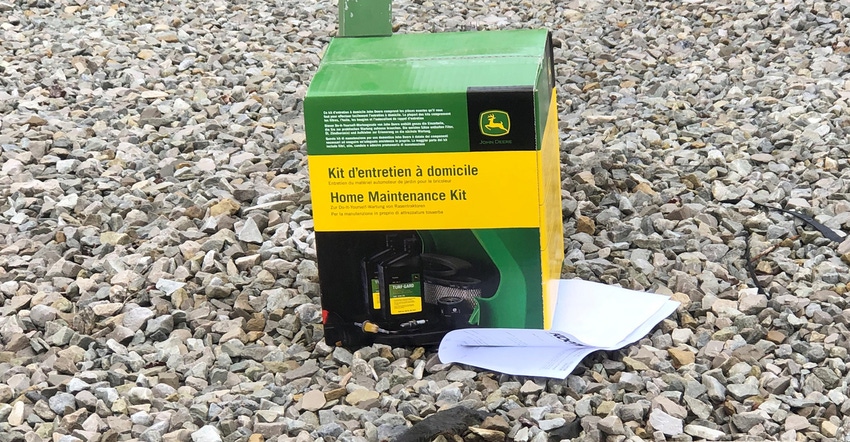April 6, 2020

Someone said the COVID-19 crisis will just be a paragraph in history books someday. Living in the middle of an unprecedented pandemic, it seems like it would be worth a whole chapter.
It feels like the last days of May 2019. With very little seed planted statewide and rain still falling, things looked bleak. As it turned out, the rain finally stopped and many people salvaged a decent year from almost certain disaster.
For those who said, “I can’t wait until 2019 is over,” let me just say, “Be careful what you wish for!” Yes, it’s probably a cliché and good writers don’t use clichés, but it’s the best way to describe what 2020 feels like.
No matter how this situation turns out — and it will end and “the sun will come out” again — perhaps relegating this current crisis to a paragraph in a history book would be a mistake. There are things agriculture can learn from what’s happened.
Here are just a few lessons:
Agriculture is essential. I never thought I would see empty meat and produce cases and dry goods shelves in my lifetime, especially not in store after store, day after day. This time it was just a case of panic-driven supply outstripping the distribution industry’s ability to respond. But unless farmers are allowed to do what only they know how to do, next time it could be a real food shortage. Let’s hope leaders won’t let that happen.
Indiana has strong ag leaders. One of those leaders is Bruce Kettler, director of the Indiana State Department of Agriculture. Along with Lt. Gov. Suzanne Crouch, they have gone above and beyond to make sure people not in agriculture making decisions know how essential agriculture is, and what farmers need to continue operating. It was no accident that agriculture and industries related to it were on the “essential activities” list when Gov. Eric Holcomb issued his stay-at-home directive.
Drive-through service works. When push comes to shove, Hoosiers can get inventive. A farmer friend and I picked up seed at the main facility for Beck’s during the last week of March without ever entering a building. A roving warehouse clerk met us in his pickup and directed us where to go. We were loaded and back on the road in 15 minutes.
Parts and more are online. Some of you already knew you could order parts online, but not everyone did. Several dealerships have made people aware of that option. Some even offered to leave your parts on the curb if you didn’t want to come near anyone. It’s not how we’ve done business forever, and frankly, human contact can be healthy when you’re not worried about catching a disease, but it’s good to know there are other ways to operate.
Planning is crucial. Farming is a business, and even if you had an emergency plan for dealing with disasters, likely it didn’t cover a disease outbreak. Bill Field, Purdue’s Extension safety specialist, says now people know outbreaks should be included. What do you do when a key employee gets sick or needs to self-quarantine? Can someone else operate the automated hog feeders or drive the high-tech tractor and planter? If not, maybe someone else should know how. Maybe some of these intricate details should be recorded.
Hopefully, this pandemic is a once-in-a-lifetime event. But then again, do you remember 2019?
Comments? Email [email protected].
Read more about:
Covid 19You May Also Like




